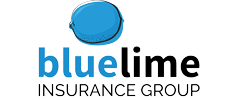
In an increasingly technological world, social media platforms have for many businesses become the preferred way to communicate and distribute information. HOAs are no exception, and many use social media to connect with and inform their residents. While convenient and cost-effective, using social media within an HOA involves risks that, when unmitigated, can incur unwanted and costly liabilities.
Risks
Because these platforms are so widely used, HOAs may fail to recognize the dangers posed by using social media to engage with community members. Here are just a few of the possible risks an association should be aware of when utilizing social media in their communities:
Privacy Invasion – Defined as an intrusion into one’s personal affairs without just cause, privacy invasion can occur with something as simple as reposting a picture of a community member on the HOA Facebook page without their permission.
Libel & Slander – Even when posted to social media in good faith, a statement that is made publically, is proven inaccurate and has caused harm to someone’s reputation can be considered libel or slander.
Copyright/Plagiarism – Using music, photographs, art, photography or film on a company website or social media page without permission from the creator is considered copyright infringement and is grounds for a lawsuit.
Mitigation
Once an HOA is aware of the possible risks associated with using social media platforms, it’s important to both prepare for and prevent incurred liabilities.
Monitor – Don’t let the ease of using social media allow negligence. Social media accounts should be considered an extension of the association’s public website and should be monitored closely and professionally.
Policy – Smart HOAs will have in place a social media policy that clearly regulates what and when things are posted, and by whom. It should firmly prohibit the use of non-copyrighted materials, private information, and defamatory posts. Additionally, designated HOA board members should have the established rights to remove content that is in violation of the policy and should establish and include disclaimers to accompany their posts (i.e. the views expressed do not represent the official position of the association, etc.).
Security – HOA social media accounts should be protected from potential third-party hackers by strong passwords that are updated often, and are shared only with those who have permission to access and post to the account.
Coverage
Finally, every HOA using social media should be sure their general liability insurance policy includes personal and advertising injury provisions to cover incurred liabilities, and generally include defense and settlement costs. If the limits on a primary coverage policy are too low, an umbrella policy may be advisable to kick in once those limits are reached. Especially large HOAs may also consider a cyber liability policy to protect themselves from cyber security risks.
Social media can be an indispensable tool in maintaining an efficient and properly run HOA. Taking measures to prevent and mitigate the risks associated with the use of these outlets is crucial to keeping the lines of communication between members open in the most safe and effective way.
